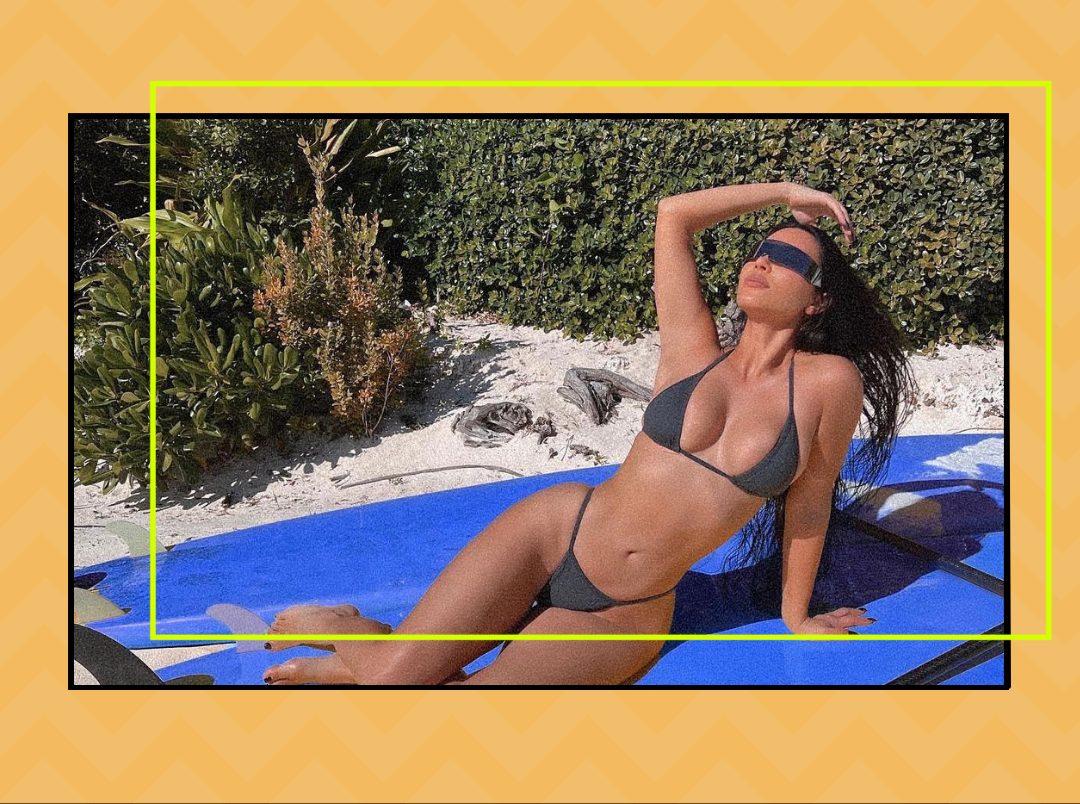Look—tanning your body doesn’t have any benefits other than enhancing the appearance of your skin, and that’s just superficial. While the process alters the surface of your skin aesthetically, it causes a redistribution of melanin under the surface. This happens because your body is trying to protect you against U.V-induced damage. And though this redistribution darkens your skin temporarily, it does this by causing damage internally. It damages your cells and DNA, thickens and burns your skin, speeds up aging, and increases your chances of developing cancer—amongst other things.
But because a lot of us enjoy the concept of tanning, and posting sun-drenched snaps on Instagram, it’s essential to protect your skin as much as possible to reduce your risk of developing these side-effects. The simplest way to sun-proof your skin is through sunscreen; but the Internet has us confused—with many propagating the use of Coconut Oil as a sun-protecting substitute for sunscreen. This is a myth, and concealing your skin with oil can do more damage than good. Here’s why Coconut Oil is never eligible for tanning.
This is (Coco)Nuts: Why Coconut Oil Is The Worst Sun-Proofing Alternative
It Only Blocks Out 20% Of UV Rays
While everyone on the Internet is DIYing Coconut Oil-based sunscreens, studies conclude that the oil can block out only 20% of the sun’s rays. You can think of it as protecting your skin with an SPF of 4. This isn’t enough to defend your skin against UVA rays and UVB rays. While UVB rays are associated with sunburn, UVA rays penetrate your skin more deeply, are linked to ageing (photo-ageing), and can cause your skin to turn brown-ish—and both are linked to cancer. And that’s why you need a sunscreen with an SPF of 30 or more to sun-proof your body effectively—and reapplying the formula every two hours is non-negotiable.
You Might Not Notice Drying Or Burning
Coconut Oil cannot prevent drying and burning, but because it’s moisturising, you might not notice when it’s happening, and end up spending more time outdoors. This leads to more drying and burning by the end of the day without you having noticed anything.
Can You Layer It With Sunscreen?
No—this is counter-productive. If you’re layering it on before sunscreen or other sun-protecting products, you’re not allowing the latter to absorb into your skin, and do what it has to do to prevent too much damage. This is because Coconut Oil forms a barrier or seal over the surface of the skin, and prevents other products from making their way into your skin.
How Do You Use Coconut Oil With Sunscreen, Then?
- You can moisturise your skin with a few drops of the oil after you’re done tanning. Coconut Oil is ultra-hydrating, and it can soothe and heal the skin naturally.
- You can look for sunscreens infused with Coconut Oil instead. This is the only safe way to use the oil during the process of tanning.
Spoiler-Alert: There’s No Such Thing As A ‘Healthy’ Tan. Thank You, Next.
Regardless of the amount of sunscreen you load onto your skin, or the degree of SPF you’re opting for, tanning will damage your skin anyway. Even if you’re tanning your skin indoors via tanning-beds and booths. Think about it—U.V rays need to pierce your skin for it to even begin tanning, and that’s why damage is imminent. You might counter this argument with, “But tanning produces more melanin, and melanin can protect the skin from U.V-induced damage.” But, according to that logic, you’re damaging your skin to protect it from further damage. Thank you, next.
If You Want To Tan Anyway, Sun-Proof Your Body With These Formulas
Featured Image: Instagram










